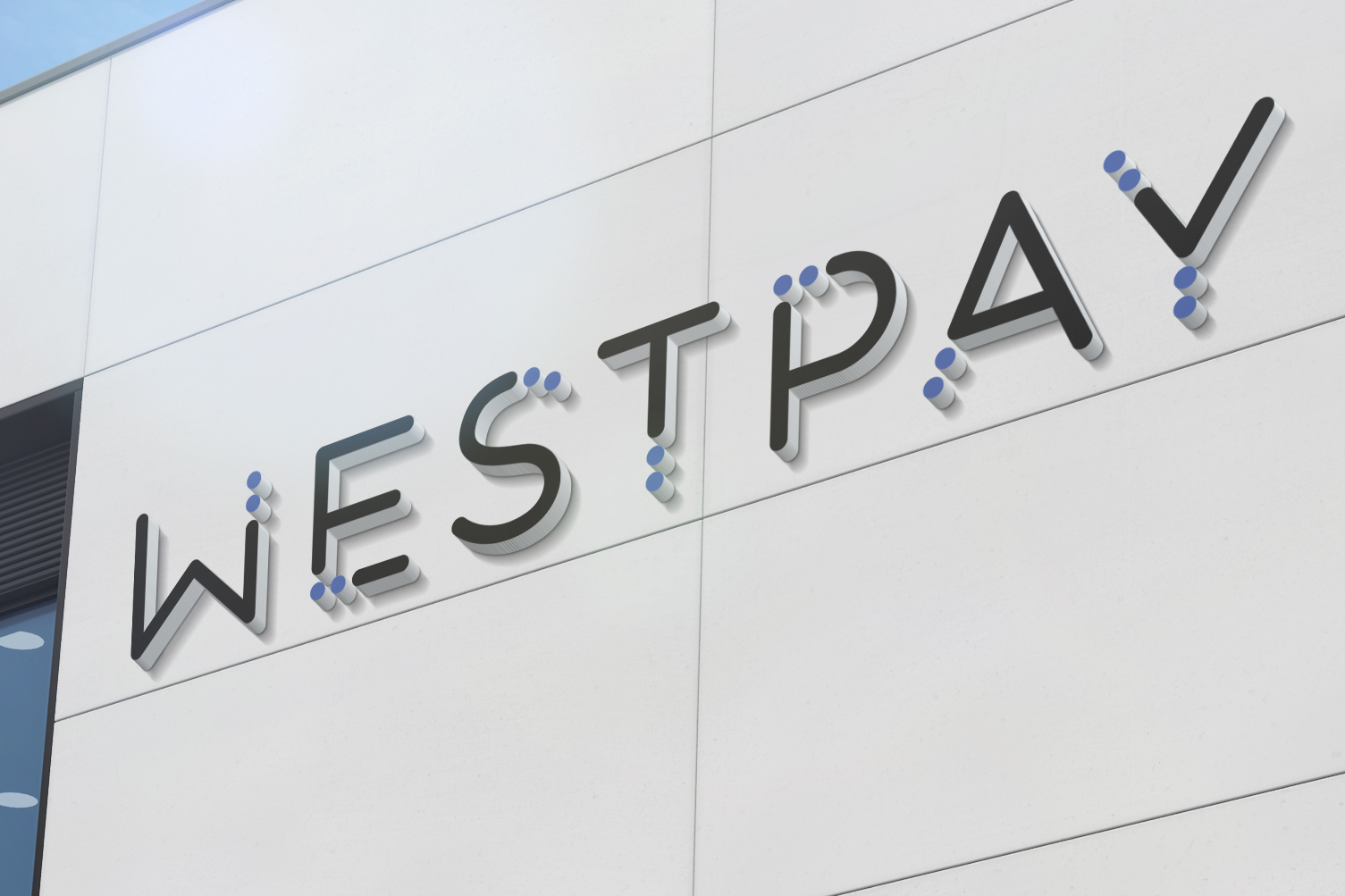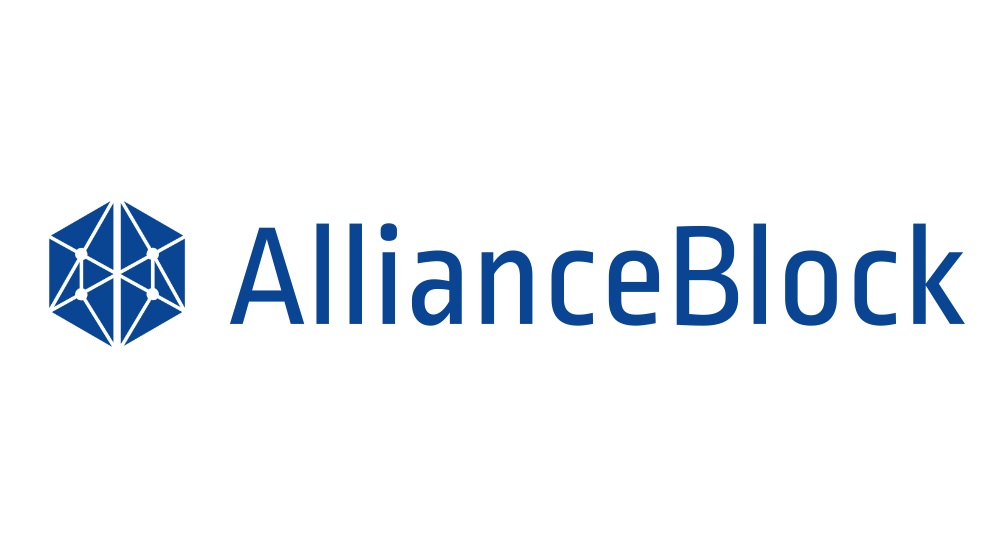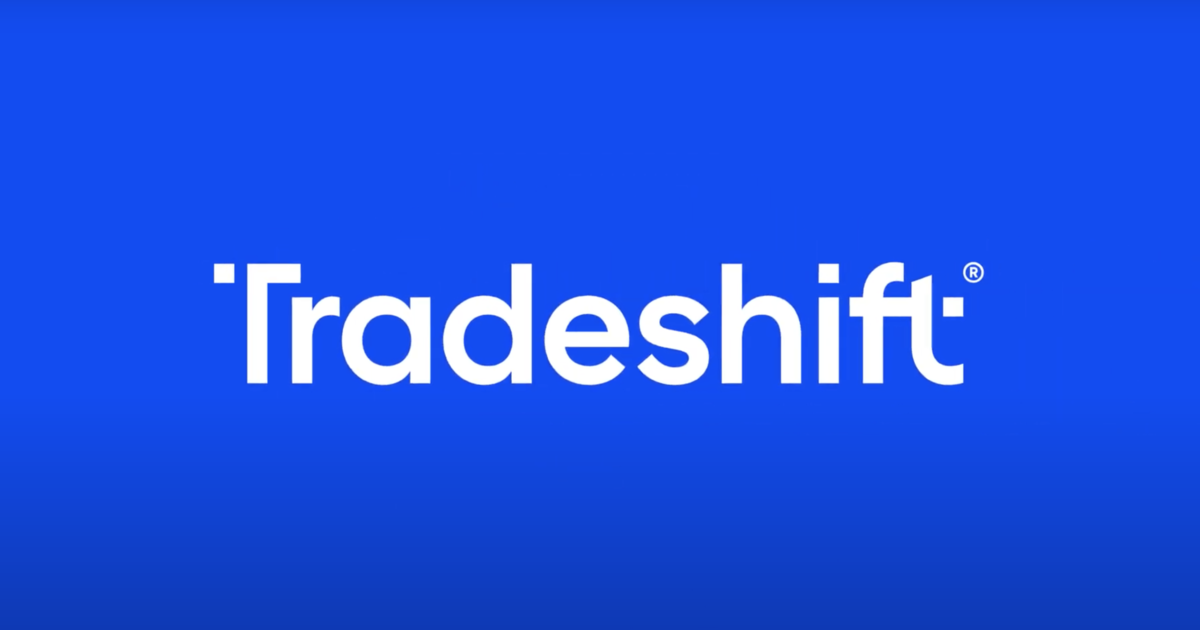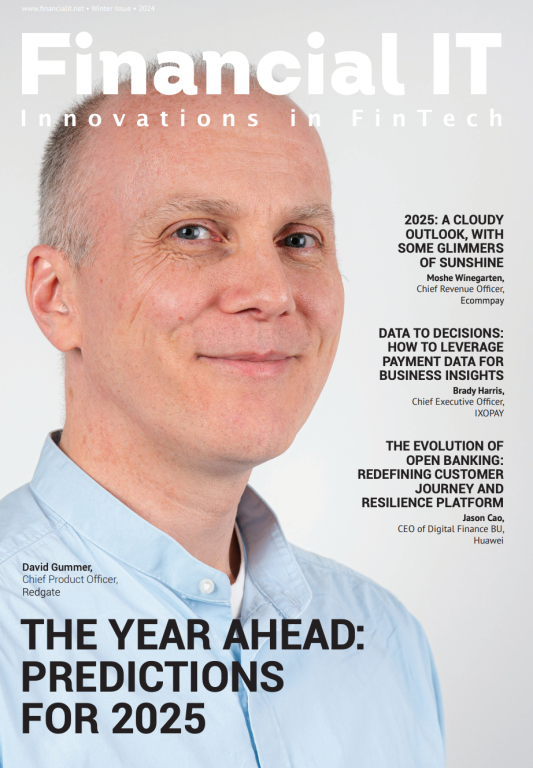Published
- 04:00 am

Westpay AB held Thu sdagen October 14, 2021 Extraordinary General Meeting.
The following main decisions were made at the meeting. For more detailed information on the content of the resolutions, please refer to the full notice of the Annual General Meeting and the complete proposals available on the company's website ( Extra General Meetings - Westpay Investors ).
Summary of decisions:
- The Annual General Meeting resolved to approve the Board's decision of 23 September 2021 to raise a convertible loan with a nominal value of SEK 7.5 million through an issue of 1,923,077 convertibles to investors who have been notified in advance. Through the issue, the number of shares in the company, upon full conversion, will increase by further
1 923 077. - The Annual General Meeting resolved to amend item 8 of the Articles of Association by removing information on the record date as an adaptation to law. In addition, the AGM resolved on the one hand to introduce a new item in the Articles of Association regarding the collection of proxies and postal voting and on certain non-material changes attributable to formalities.
Related News
- 08:00 am

- The use of contactless payments is set to make up 47% of all UK payments between 2021-2022, and will be the most common type of transaction
- Contactless payments are up by nearly a third (30%) since the start of the pandemic, when chip & pin payments were still the most popular way to pay
- Between 2021 and 2022, cash payments will account for just over one tenth (11%) of all purchases
- Forecasts show almost three quarters (72%) of payments will be made by card within the next year
Contactless spending is expected to account for almost half of all transactions by the end of 2022 (47%), as it becomes the most popular payment method for the first time, according to new research.1
The VoucherCodes.co.uk Life after Covid: Prospects for online retailing, physical stores and how we pay report, carried out by the Centre of Retail Research (CRR), examined the pandemic’s effect on the way UK shoppers pay for goods.
The study shows that pre-pandemic in 2020, chip and pin was the most popular payment method, accounting for over a third (37%) of all transactions in the UK. During the same period, only 17% of all payments made were contactless. However, between 2021-2022, chip & pin payments are forecast to decline to just 25% of all purchases and cash payments will see a sharp decline, accounting for just over a tenth (11%) of all payments by the end of 2022.
The switch, which will constitute a 30% increase in contactless payments from pre-pandemic to the end of 2022, was accelerated by changing consumer and retailer behaviour when it comes to paying for goods during Covid-19. Shoppers swapped cash for card for hygiene reasons, many retailers also stopped accepting cash altogether, and the contactless payment limit increased from £30 to £45.
Looking ahead to next year, card payments are expected to account for almost three quarters (72%) of all transactions.
Breakdown of preferred payment methods amongst UK shoppers
Year | Cash | Chip & Pin | Contactless | Cheque | Bank Transfer |
2019 - pre-pandemic 2020 | 26.60% | 36.50% | 16.80% | 3.1% | 17.00% |
2021-2022 forecast | 10.90% | 24.90% | 46.70% | 1.70% | 15.80% |
Anita Naik, Lifestyle Editor at VoucherCodes.co.uk, commented: “Covid-19 has forever changed the way consumers spend their money. With exponential increases in online orders during the pandemic, combined with increased contactless limits and retailers implementing cash bans, people have quickly adapted to relying on contactless payments for the bulk of purchases as a result.
“It remains to be seen whether the government will amend laws relating to legal tender, enabling retailers to permanently refuse to accept cash if they wish.
“Ultimately, only time will tell, but in the immediate future, whereby cash was once key, contactless is our future.”
For more details, the Life after Covid: Prospects for online retailing, physical stores, and how we pay report can be found here: https://www.vouchercodes.co.uk/savings-guides/guides-reports/life-after-covid-prospects#online-retailing
Related News
- 06:00 am

AllianceBlock and dua are teaming up to create a digital banking solution for dua’s community leveraging AllianceBlocks technology.
In line with its vision for an integrated landscape of traditional and decentralized worlds, AllianceBlock has announced a partnership with dua, who are changing the way globally fragmented communities connect, both emotionally and financially.
With a shared mission to empower and connect communities AllianceBlock will support dua in the creation of dua.pay, a remittance transaction and payment platform leveraging DeFi to build digital banking service for international deposits. Transactions via dua.pay will require $DUA, a stablecoin cryptocurrency backed by ALBT AllianceBlock’s digital asset. The teams will create a crypto wallet for dua.pay and a unique token reward system for their users. This community-driven platform will be backed by AllianceBlock’s peer-to-peer payment platform Fundrs, the backbone of this pioneering model.
As a result, this breakthrough technological innovation improves the expensive and slow international remittances, in which billions of dollars are transferred per year. This partnership signifies the introduction of decentralized finance to traditional systems and is a bold move in the creation of superior international transactions.
Rachid Ajaja, CEO and Co-founder of AllianceBlock, said, “Digital assets offer fragmented communities unprecedented opportunities when it comes to payments and remittances. This partnership is yet another example of a traditional company venturing into the crypto sphere. Through our Fundrs platform, AllianceBlock’s unique DeFi technology will help give dua’s users more control over their finances, enabling them to safely and cheaply send crypto assets to their families and communities.”
Talking about dua pay, which has been accepted by Harvard Innovation Lab’s Venture Program,B, said, “While AllianceBlock is building the future of finance, dua is building the future of the community. Together, we are building a future of both that goes hand in hand. AllianceBlock’s mission is noble and bold. We're proud to be working with their amazing team. Bridging the huge gap between centralized, and decentralized finance will not only lower costs to create greater, faster, and easier access to capital, but it will also empower people. That's exactly the goal that connects us the most: To empower the people.”
Ajaja concluded, “The future of finance will be an integrated system where the best parts of traditional and decentralized finance will work together to increase capital flows. We look forward to bringing the benefits of our DeFi technology to dua’s wide user base, and to creating real, valuable change.”
For more information, visit: www.allianceblock.io
Related News
- 08:00 am

There is hardly anyone left who is not familiar with the bitcoin bull market. A few but dramatic corrections made this historic run more exciting. Blockchain technology is here to stay. And the way legacy institutions and governments react will determine the future of finance. The global broker OctaFX prepared an expert article exploring whether peaceful co-existence might be an option.
The U.S. and bitcoin: teasing as a sign of affection
Corporate America is slowly but surely approving bitcoin as a credible long-term investment and even payment method. Elon Musk's electric vehicle manufacturer Tesla temporarily granted selling its cars for bitcoin. Elon Musk is known for his advocacy for new technologies and his interest in blockchain. Popular online payment service PayPal started offering cryptocurrencies to get into this emerging market. Social media platform Twitter recently launched tipping in bitcoin for followers to support their influencers financially. It is worth keeping in mind that even Goldman Sachs, which until very recently underestimated bitcoin publicly and showed expert distaste for the opinion that cryptocurrency would be a powerful investment, changed its position.
The influential multinational investment bank, having close ties to the most powerful governments in the world, announced in March 2021 a 'full-spectrum' cryptocurrency investment offer, including bitcoin, for its private clients.
Although, the narrative from U.S. governmental institutions suggests a different approach.
U.S. Treasury Secretary Janet Yellen said she is eager to crush the influence of cryptocurrencies by pushing International Monetary Fund (IMF) capacities further. Many financial experts consider the IMF to be the future issuer of a new worldwide digital currency—centralised, of course.
Who are the new kids on the blockchain?
Decentralised finance (DeFi) and so-called 'smart contract' platforms on blockchain networks have many runner-ups: Ethereum is the most used network and the first of its kind. But lack of scalability and high transaction fees give Ethereum's competitors a chance to succeed. Polkadot, Cardano, Cosmos, Harmony and others have significant potential to solve these systemic weaknesses.
The DeFi marketing slogan for the crypto sphere is about 'helping the masses of unbanked people', for instance, in Africa, Asia, and South America. It gathers significant trust in these populations over classical banking institutions.
On 14 April 2021, Coinbase, the most prevalent cryptocurrency exchange, was directly listed on the Nasdaq exchange. This move indicates even more mixing of crypto and traditional finances and implies a rising future influx of retail investors into crypto assets.
A win-win for Forex
Regardless of the transition's nature into this advanced future financial order, Forex brokers need to adapt to this new vibrant parallel development—staying competitive and relevant in the long term. The ability to offer the most popular and influential cryptocurrencies means that a broker keeps significant doors open for new demographics. But this is also crucial to stay with legacy currencies. Their centralised successors, which the IMF, FED and others already plan to launch as digital counterparts to their crypto challengers, should not be disregarded.
The worldwide financial system is ripe for significant paradigm shifts, which will ignite even greater competition between centralised and decentralised systems and their services. But Forex brokers, like OctaFX, are already taking on the exciting task of offering the best of both worlds, building long-term trading relationships with their growing client base—with the best of conditions.
Related News
- 06:00 am

FSS (Financial Software and Systems), a leading global provider of integrated payment products and a payments processor has partnered with Equicom Savings Bank (EqB) - one of the leading banks in the Philippines to address online fraud and to boost e-commerce growth.
Under this partnership, FSS will provide its Secure3D, an intelligent payment authentication solution, to create a safer and seamless way for consumers to transact in the digital economy. The Philippines is one of the fastest-growing e-commerce markets in Southeast Asia, with transactions projected to grow from US$ 4 Billion in 2020 to US$ 15 Billion in 2025.
With increasing adoption, fraud attack vectors have grown in sophistication, and costs are on the rise, amounting to 2.03% of overall annual revenues. FSS Secure3D, modelled on EMVCo 3.2 guidelines, will help Equicom verify customer identity and flag fraudulent transactions before a payment transaction is authorized.
Speaking on the collaboration EqB Vice President and Head for Consumer & Small Business Lending Division Roussel E. Larger, noted; “Fraud is an ever-evolving problem, so we need to ensure that our prevention technology is evolving even better to maximize protection. Our partnership with FSS enables us to leverage its experience and technology to mitigate fraud threats and create low-friction trusted experiences that customers expect, providing both protection and opportunities to increase sales and revenue.”
For his part, FSS PayTech COO Krishnan Srinivasan said; “The payments market is fiercely competitive, so it is of paramount importance for financial institutions to layer intelligent counter-fraud measures to lower fraud costs. Our globally proven Secure3D delivers a solid technology foundation to keep ahead of fraud and aligns with core operational and risk strategies, enabling Equicom balance fraud detection without compromising the customer experience.”
Modelled on EMVCo 3DS 3.2 guidelines, FSS Secure3D exploits rich data streams exchanged between merchants and issuers to continually learn customers’ transactional DNA and assess risk based on a combination of location, merchant, transaction, and device-related attributes.
This technology helps systemically isolate higher-risk transactions while reducing the need to interrupt the consumer’s purchase. As for higher-risk transactions, FSS Secure3D dynamically provides additional verification checks such as biometric-based identification or a one-time passcode. FSS offers Authentication As-a-Service on FSSNeT, where FSS assumes responsibility for implementation, integration, certification, testing, and technical operations. This practice alleviates costs as well as the
regulatory compliance burden. Benchmarked to process 8,000 transactions per second, FSS Secure3D assures faster processing time and higher sales conversion. FSS Secure3D is certified by EMVCo and key card schemes like Visa, MasterCard, and Amex.
Related News
- 06:00 am

Automated management platform manages and optimises performance of RPA operations by 50%
The first automated RPA management platform, RPA Supervisor has raised $5m in a Seed round led by MMC Ventures. It also welcomes its newest board member and investor Pascal Baker, formerly founder of Symphony Ventures and pioneer in the Intelligent Automation Market. The investment will boost the startup’s innovation capabilities, feeding into Research & Development and expansion across EMEA and the US.
The Robot Process Automation (RPA) market where software technology automates digital tasks through robots has experienced rapid growth during the past 18 months. However, 30-50% of RPA projects fail. This often stems from the management of robots once deployed to production. Currently, organisations are forced to manually monitor, allocate schedules, and fix operational issues to make sure that business-critical work is done. This holds back scaling of RPA and increases total cost of ownership.
With robots taking on more manual tasks across different departments such as sales, HR, finance, and banking, it's critical that the robot workforce is effectively managed. RPA Supervisor is a web-based platform which automatically orchestrates existing RPA solutions within an organisation and provides management capabilities which are highly responsive - ensuring stable operations 24/7 without any human intervention. This reduces the amount of time spent on mundane tasks by up to 100%, and the response-times for incoming work by up to 80%.
Its advanced prioritisation engine drastically optimises RPA resources by monitoring all aspects of RPA operations, delivering insights and real time reporting to manage performance and stability of operations and speed up digital transformation projects. Through business-oriented orchestration, organisations can check the health, status and capabilities of robots, status and work rate for all processes, workload for each process and SLA adherence of each process and worker.
Clients across financial services, supply chains and retail have experienced results instantly. A European bank wanted to increase customer satisfaction while at the same time reducing the number of robots and time spent on manually managing these. Within the first week, the RPA license capacity increased by 62% and the average responsiveness of robots were improved by 84%, helping the bank to dramatically improve customer service levels and satisfaction. After only a few weeks, manual controller effort was reduced by 77%, reducing operational costs.
Whilst RPA vendors offer software to automate tasks, RPA Supervisor’s management platform automates operations & optimises efficiency across platforms – driving scalability and digital transformation.
It partners with leading RPA Vendors such as UiPath, Blue Prism, Automation Anywhere & Microsoft, along with Consulting and Reselling partners like EY, Accenture, CGI, Reveal Group, Avo Consulting, and Digital Workforce.
Erik Lien, CEO at RPA Supervisor comments, “Over the last few years the appetite amongst private organisations to deploy RPA robots to streamline and automate processes in new working environments has skyrocketed. Now, organisations will need to scale these RPA capabilities to realise the full value of those investments. This requires efficient management, orchestration and insight into the performance of the robots. RPA Supervisor’s automation management platform delivers this level of operational excellence - transforming RPA operations and enabling organisations to scale efficiently.
“Once that scalability is achieved, the next level of automation is to connect employees, robots and AI to make them work as a team – otherwise known as hyperautomation. RPA Supervisor’s integration capabilities paired with dynamic orchestration makes it the only hyperautomation orchestrator to link employees, robots and AI solutions efficiently and effortlessly.”
“As enterprise investment in RPA continues to accelerate, we see a strong need for the orchestration layer that will enable expansion beyond RPA across multiple parts of the enterprise automation cycle, driving further deployments of robotic processes”, said Mina Samaan, Principal at MMC Ventures. He continued: “We’ve been impressed with Erik and the team’s ambition and understanding of the problem, having been buyers and implementers of this technology themselves. We are confident that this team can deliver on the scope of their ambition, and we’re excited to be the first institutional investors behind them.”
Related News
- 05:00 am

The expanded program includes free AML checks for your Know your Customer (#KYC) process, access to resource knowledge base, service credits and world-class support
ComplyAdvantage, a global data technology company transforming financial crime detection, today announced the North American expansion of ComplyLaunch™ a free program for fintech startups. The program provides qualified startups with free access to the company’s award-winning AML and Know Your Customer (KYC) tools plus resources needed to uncover and reduce the threat of money-laundering activities so they can onboard new customers with lower risk and greater trust.
North American Fintech Acceleration
There’s no doubt that fintechs around the world have disrupted financial services in ways that many couldn’t have imagined while pleasing consumers, business customers and investors along the way.
According to KPMG’s Pulse of Fintech report on fintech investment trends, the overall global fintech funding soared to a new high with funding increasing from $87.1 billion in H2’20 to $98 billion in H1’21 with the U.S. accounting for almost half of the total global investment in fintech - a whopping $42.1 billion . And, as of February 2021, the U.S. had 10,605 fintech startups making it the region with the most fintech startups globally.
However, regardless of funding availability, accelerated service adoption or regional startup concentrations, fintech founders in any location must be mindful that as their businesses grow so will their risks related to financial crimes.
ComplyLaunch For U.S. Fintechs
This is why ComplyAdvantage is expanding the ComplyLaunch program into North America in order to help prepare U.S. and Canadian fintech startups to take on one of the biggest challenges their businesses will face as a business which is money-laundering.
If transacting startups want to maximize their competitive advantage with new or expanded services, then they need intelligent AML and risk management data solutions to prevent the unintended consequences from unknowingly onboarding criminal entities.
Recent ComplyLaunch cohort members that have participated in the program include the global payments company Routefusion and mortgage innovator Safe Rate.
“Our business is growing rapidly and we knew that early risk management would help to prevent unexpected issues related to money-laundering. When we found ComplyLaunch, it was a no brainer to join the program - and we’re glad we did,” said Michael Cramer, Vice President of Operations, Routefusion
“ComplyLaunch gives early-stage companies like Safe Rate access to world-class AML tools that would otherwise be out of reach due to costs. As a startup founder, it’s great to have this resource so we can on-board customers with greater integrity,“ said Dylan Hall, Co-Founder, Safe Rate
Those early-stage fintech startups with no institutional funding are invited to apply for the program.
“It’s amazing to see all the incredible fintechs that have signed up to our program,” said Charles Delingpole, founder and CEO of ComplyAdvantage. “Not only is ComplyLaunch good for all the great companies that are participating but, it’s also great for our ecosystem. How a company addresses risk management is becoming a growing factor for everything from investment to partnerships. We want our fellow startups to be successful and that’s why we continue to make our AML tools and training free.”
ComplyAdvantage offers a true hyperscale financial risk insight and AML data solution that leverages machine learning and natural language processing to help regulated organizations manage their risk obligations and prevent financial crime. The company’s proprietary database is derived from millions of data points that provide dynamic, real-time insights across sanctions, watchlists, politically exposed persons, and negative news. This reduces dependence on manual review processes and legacy databases by up to 80% and improves how companies screen and monitor clients and transactions.
Related News
- 05:00 am

- Charge volumes expected to grow more than 600% this year as Tradeshift’s unique network model drives virality across fintech products and services
Tradeshift, a market leader in e-invoicing and AP automation, today announced that its virtual credit card product Tradeshift Go is on track to process $2.5 billion in charge volume this year - a sixfold increase over 2020. With this explosive growth and more than 2,000 customers, Tradeshift Go ranks as one of the largest fintech card programs in the world.
“Go is a key part of the comprehensive platform strategy we’ve built at Tradeshift combining SaaS, fintech and marketplaces,” said Christian Lanng, CEO, Tradeshift. “The virality we’re now seeing in key areas across our business is rooted in the connectivity that comes from bringing buyers and sellers together on a single global network. The more we embed access to value-added services like Go, the more compelling it becomes for businesses to join the network. It’s a virtuous circle that brings with it opportunities for massive scale and diversification.”
Accenture estimates that overall spending on business credit cards in the US will climb to $1.1 trillion in 2024 from $625 billion in 2019. Remote working measures imposed during the pandemic have triggered a rapid acceleration in commercial card usage by businesses of all sizes. A recent survey by RPMG Research Corporation found that commercial cards were the primary method used by employees to make business-related purchases. Forty percent of organizations surveyed by RPMG said they planned to increase their use of Virtual Cards during the pandemic.
“Tradeshift Go is a unique solution in how it serves both enterprise and small businesses to meet their unique needs to implement and scale corporate card programs without relinquishing control and security,” said Lanng. “There are no mystery charges, missing receipts or surprises cannibalising the budget, like there are with traditional physical cards. Our enterprise clients appreciate the predictability and small business owners like that they can maintain the perks of a single account.”
With Tradeshift Go, employees don’t have to be cardholders on a commercial card account to access payments. Budget managers can issue pre-approved, encrypted virtual cards in seconds. Purchase requests approved in Go are pre-coded with a business justification and accounting code. That information stays with the purchase all the way through the accounting process - meaning there is no need to reconcile anything when the monthly credit card bill comes in. This allows organizations to eliminate risk, control tail spend and streamline expenses.
Related News
- 02:00 am

Hardbacon, a personal finance app used by more than 30,000 Canadians, today announced a partnership with ClicAssure, one of Canada's leading insurance comparison sites, to offer Quebecers a better way to buy auto and home insurance in Quebec.
As part of this partnership, Hardbacon.ca can now be used by Canadians to shop for home or auto insurance policies across the province to get the best policies at the best prices. Today, Hardbacon allows its users to compare a variety of financial products, including credit cards, bank accounts, mortgages, and online brokers.
Partnering with ClicAssure enables Hardbacon to help more Canadians make better financial decisions and lead richer and more secure lives. The addition of auto and home insurance also allows Hardbacon to offer all the financial products that are important to Canadians.
"We are very happy to work with a partner in Quebec like ClicAssure," says Julien Brault, CEO of Hardbacon. "Auto and home insurance are essential for many households and we are now able to meet those needs with a solution that allows consumers to get the best price. "
ClicAssure was born out of a similar desire to help people save time and money on insurance products. “We are pleased to partner with Hardbacon to continue our mission,” said Martin Dufour, Vice-President, Business Development at ClicAssure. Hardbacon knows how to communicate with its audience in innovative ways and ClicAssure is thrilled to be a partner. "
The comparison tool works in four easy steps and can be found online for side-by-side tips for saving you money on your next insurance policy. Canadians can now compare auto and home insurance policies on hardbacon.ca .
Related News
- 03:00 am

ProjectPay wins grant to develop new embodied carbon emissions tracking tool on construction project payments platforms.
Global start-up Building and Construction industry payments platform ProjectPay has won an Innovate UK grant to develop a new embodied carbon emissions tracking tool on construction projects, to implement into their existing payments platform.
The ConstructZero IUK project is aimed at linking in embodied carbon measurements with project supply chain payments. This incentivises contractors to reduce carbon emissions on projects or pay to offset them.
With Project investors increasingly requesting ESG has been delivered on projects they are funding, ProjectPay provides a tool for project owners and their supply chains to comply and provide transparency. This allows investors and contractors to understand their carbon emissions and supply chain payment practices.
“Ethical payment practices have long been a problem in the construction sector,” said ProjectPay’s CEO, Louise Stewart. “But the suggested fix of using project bank accounts has faced endless resistance due to the heavy admin nature of bank provided accounts. These place heavy constraints on how large contractors can spend money that has been paid to them to pass on to subcontractors who have done the work.”
ProjectPay has digitised the setup of project accounts integrated with Lloyds Bank and linked them to the entire contractor supply chain in a digital requesting and approval process. This manages payments at all levels via digital project accounts. The business recently transitioned to a full payment platform, providing funding of supply chain project accounts against approved invoices so contractors are paid quickly.
The main objective for the grant is to identify calculators or tools that can be used to implement into the current platform. These will track and measure carbon emissions generated from supply chain construction activities in line with international protocols and accounting standards.
The project addresses the requirement for ESG compliance from project investors’ to demonstrate project’s carbon measurement, reporting and offsetting alongside ethical payment practices.
ConstructZero will be added to the existing platform on a subscription revenue model.









